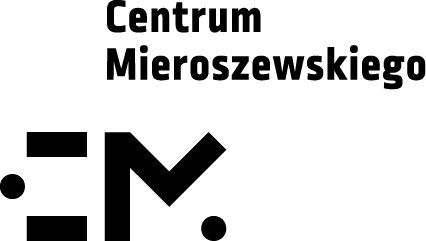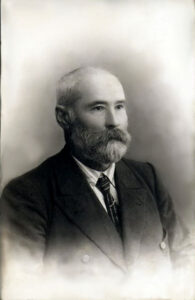The son of an impoverished nobleman was born in 1842 in Złotoria, near Tykocin in Podlasie. He took part in the January Uprising when he was just over twenty years old. He was sent to Sybir with a sentence of 8 years. At that time he was a student at the Agrotechnical Institute in Horki. Together with his friends, he joined Ludwik Zwierzdowski’s party, which occupied the town and tried to spread the uprising to the entire Mogilev region. However, the support for the insurrection there turned out to be negligible and the uprising quickly collapsed.
Siberia, where he was exiled, turned out to be an opportunity for Jankowski, not a punishment. It started with the fact that this ambitious and curious young man met other ambitious exiles full of research passion, who were a decade older than him: Benedykt Dybowski and Wiktor Godlewski. Together with them, he participated in a great expedition along the Argun, Amur and Ussuri rivers, during which they conducted research on the local fauna. After reaching Vladivostok, Jankowski accepted a job offer as a manager of a gold mine on Askold Island. There he started a family by marrying a local Buryat woman, and his first two children were born there. Soon he was wealthy enough to buy a large piece of land on the Sidemi Peninsula in the Sea of Japan (now called the Jankowski Peninsula). He started there, among other things, breeding sika deer, cultivating ginseng on the industrial scale, as well as breeding a new breed of horses adapted to the local climate. He also established a weather station, an orchard and an apiary on the peninsula, and invented a device for cutting off the deers’antlers (so they did not have to be killed and the valuable, regrowing antlers could be obtained again). He prepared and sent specimens of fauna and flora to Russian research centers. He also conducted archaeological research. He was a co-founder of the museum in Vladivostok. It was only in 1890 that the tsarist authorities abolished the police supervision that had been exerted over him for all those years. However, he still could not return to the territory of the former Polish-Lithuanian Commonwealth. A leather goods factory and a bookstore should also be listed among his other ventures. He died in 1912 in Sochi, where he had gone for treatment due to severe pneumonia.
In Russia a monument was built in his honour. Several books and hundreds of articles were written about him, and a few films were also made. One of the peninsulas in the Sea of Japan was named after Michał Jankowski. It is also included in the Latin names of birds, butterflies, plants and insects. In the Far East he was a living legend of an unrivaled shooter. The Koreans living on Askold Island believed that he had a pair of eyes in the back of his head because he shot enemies attacking him from behind without turning around. That’s why they gave Michał Jankowski the nickname “Nenuni”, meaning four-eyed.




